The Volkswagen Arteon uses a safety shield that warns you about other cars
Keep your distance
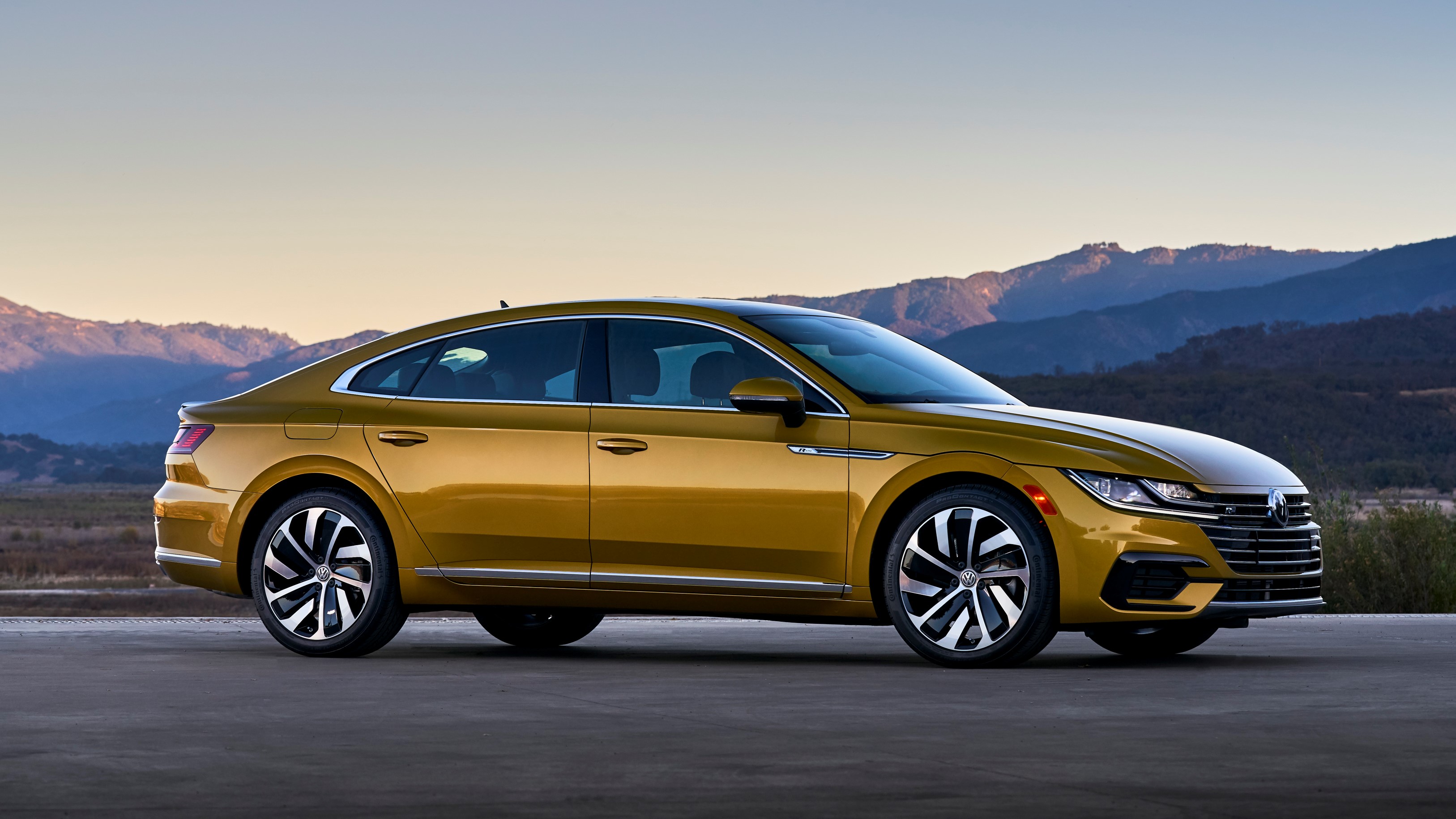
Imagine a future where every car is surrounded by a safety shield. In light of the coronavirus outbreak, it might not be a bad idea. If someone drives too close to you, you’d hear and see a warning, which would help you stay safe in your protected bio-chamber.
Interestingly enough, it already exists.
While testing the 2019 VW Arteon for a full three months right now, I have had the safety shield warn me about problems multiple times. There are several driver assistance features, but the one that impressed me the most could prevent crashes on side streets.
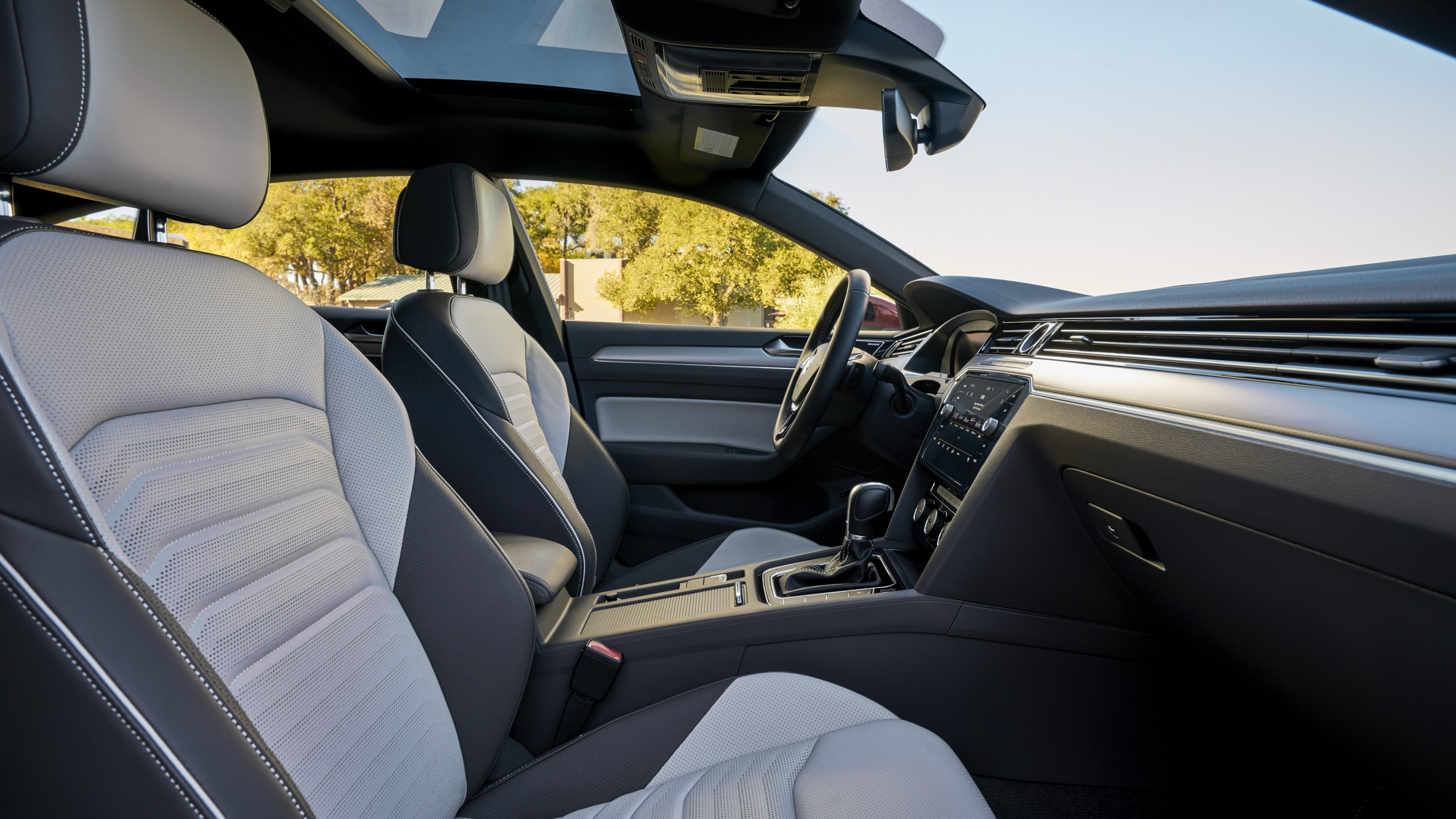
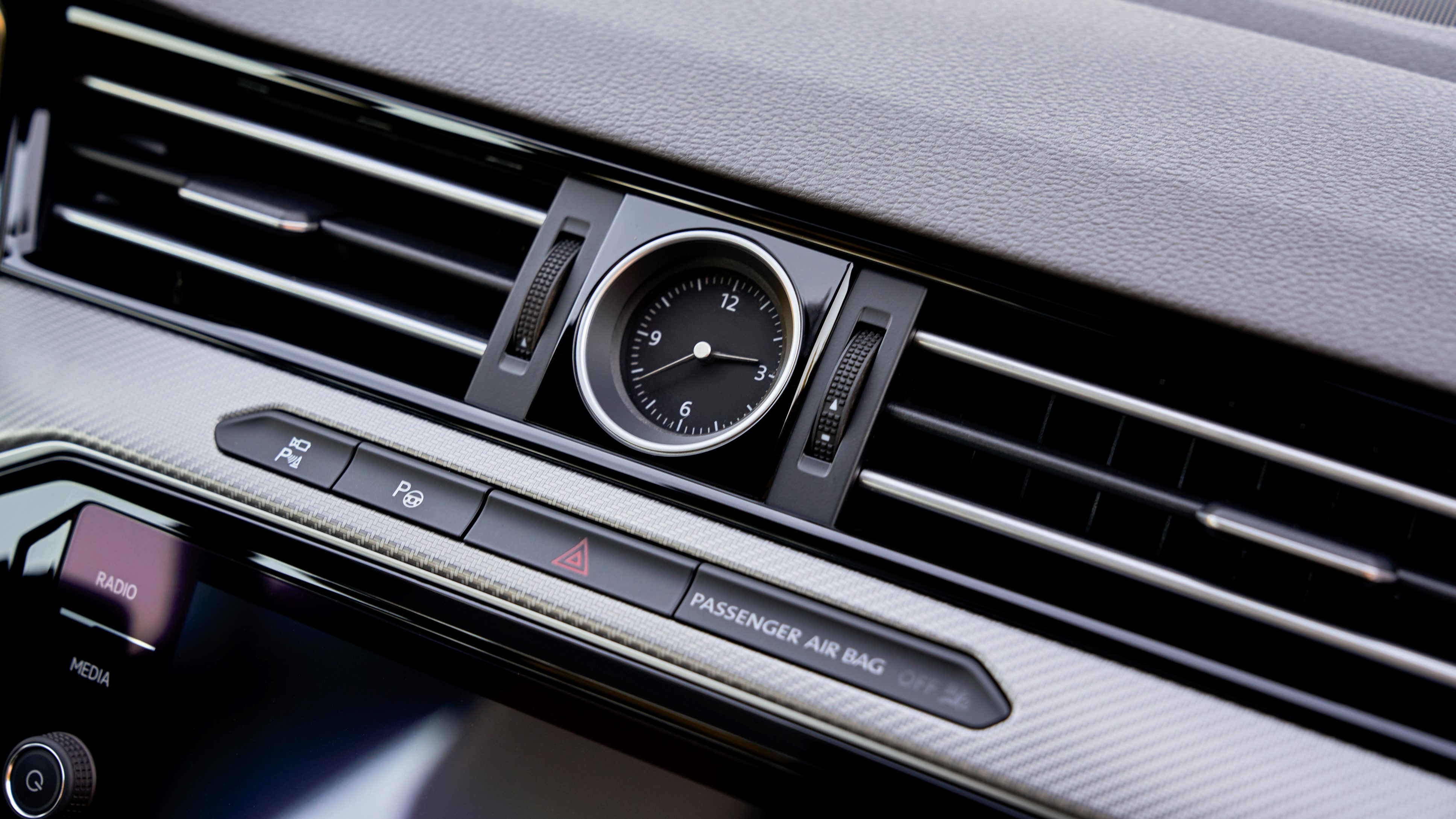
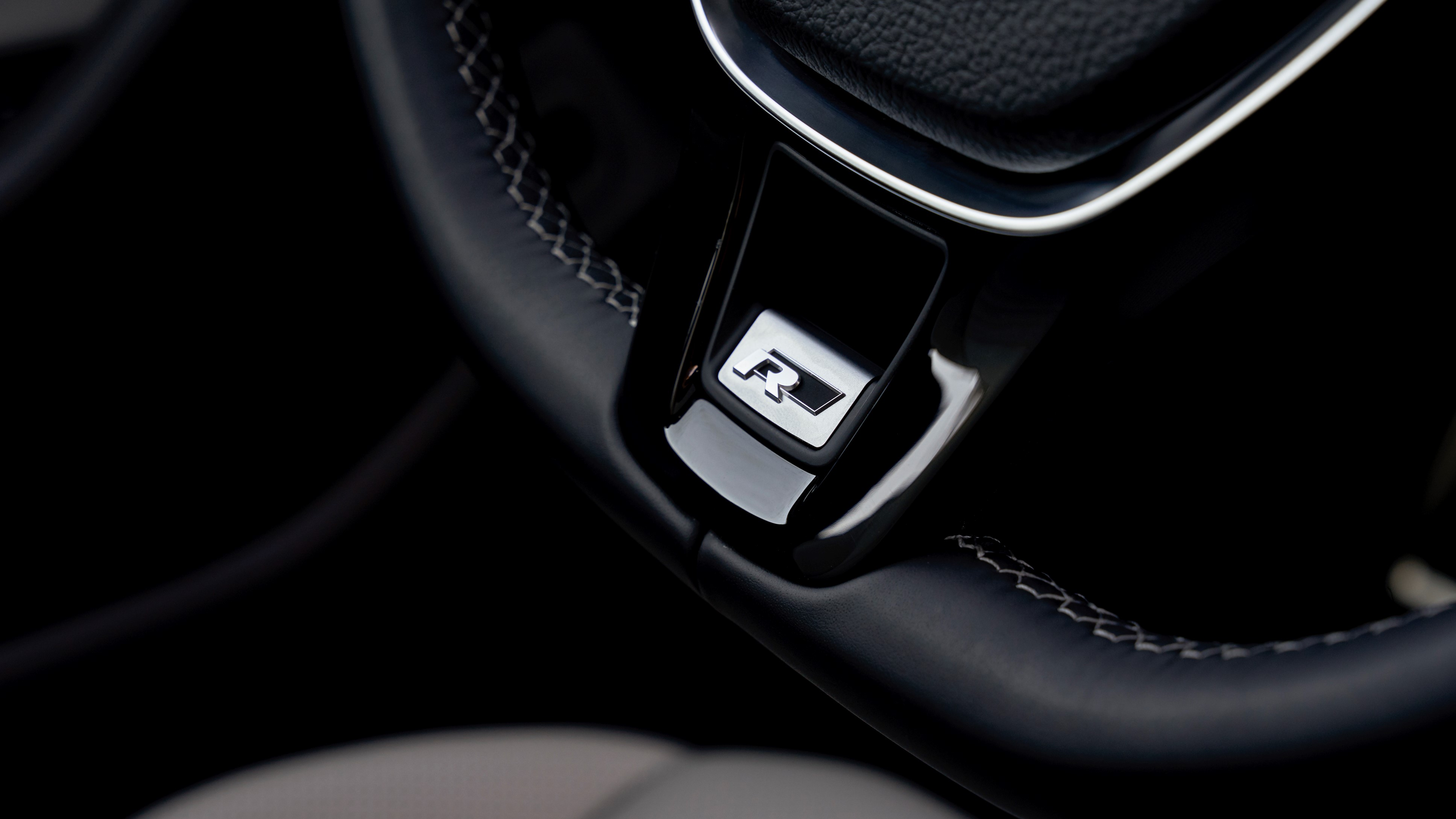
Here’s how it works. Multiple times in the last few weeks, I’ve been stuck in traffic jams and have driven in parking lots. When another car comes too close, you hear a chime and see a warning in the center display. It even shows you where they're getting too close (your left rear side, in the US). Many times during my test, I inched away from other drivers in traffic jams and at malls.
In one case, I could tell someone was heading right for me. These are minor incidents – the technology doesn't work at high speeds on the highway yet – and likely not that serious. It always seems like other drivers are getting close when they might be a foot away.
Evasive maneuvers
It doesn’t matter. I liked seeing and hearing that someone was not paying attention. I know if I have to exit the vehicle in case there is a fender bender, we will have to talk to each other and not maintain social distancing. We will have to exchange documents. When I go to get groceries in my area, I know the safety shield is working overtime to warn me about these minor mishaps. I also know the future of driving will definitely involve this type of tech.
For example, at much higher speeds, the car could do more than warn you. It might take over and drive defensively on your behalf. (Many cars already can brake for you and some can even swerve to the side of the road.)
Sign up for breaking news, reviews, opinion, top tech deals, and more.
In the future, a car might know the exact trajectory of an oncoming car and perform a maneuver few of us would be able to do, such as an abrupt swerve that moves us to another lane (but that is not so abrupt that we flip).
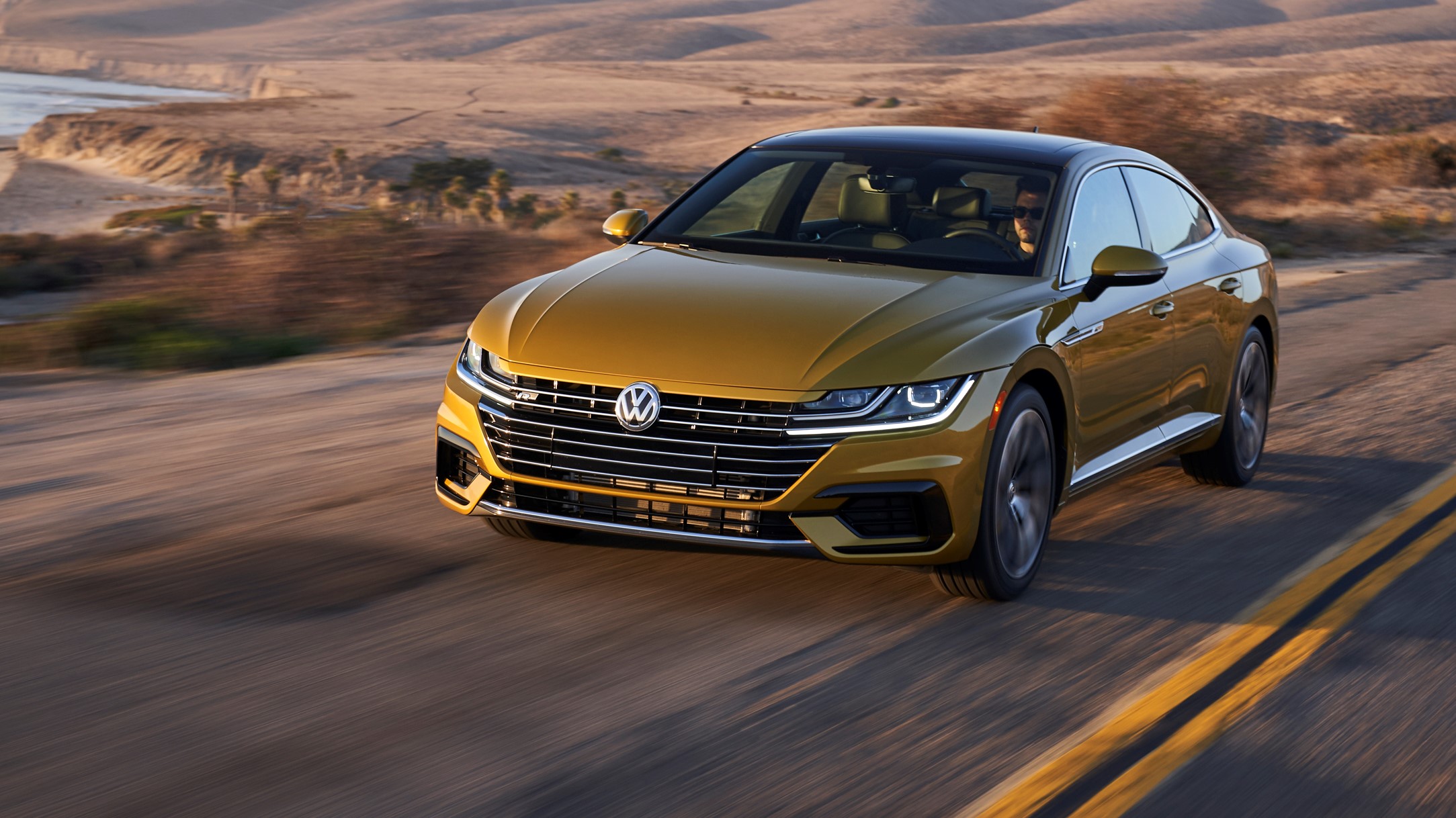
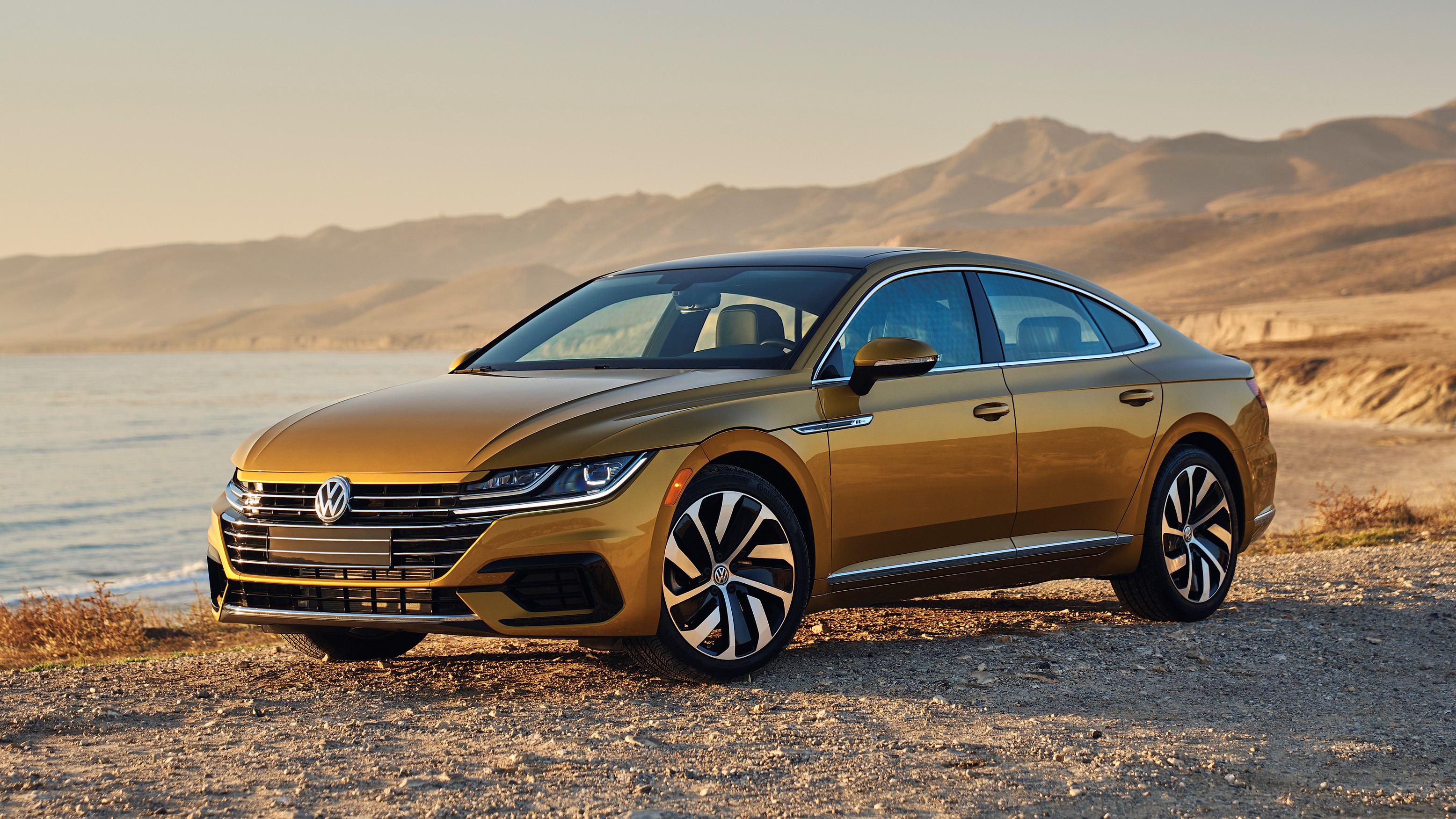
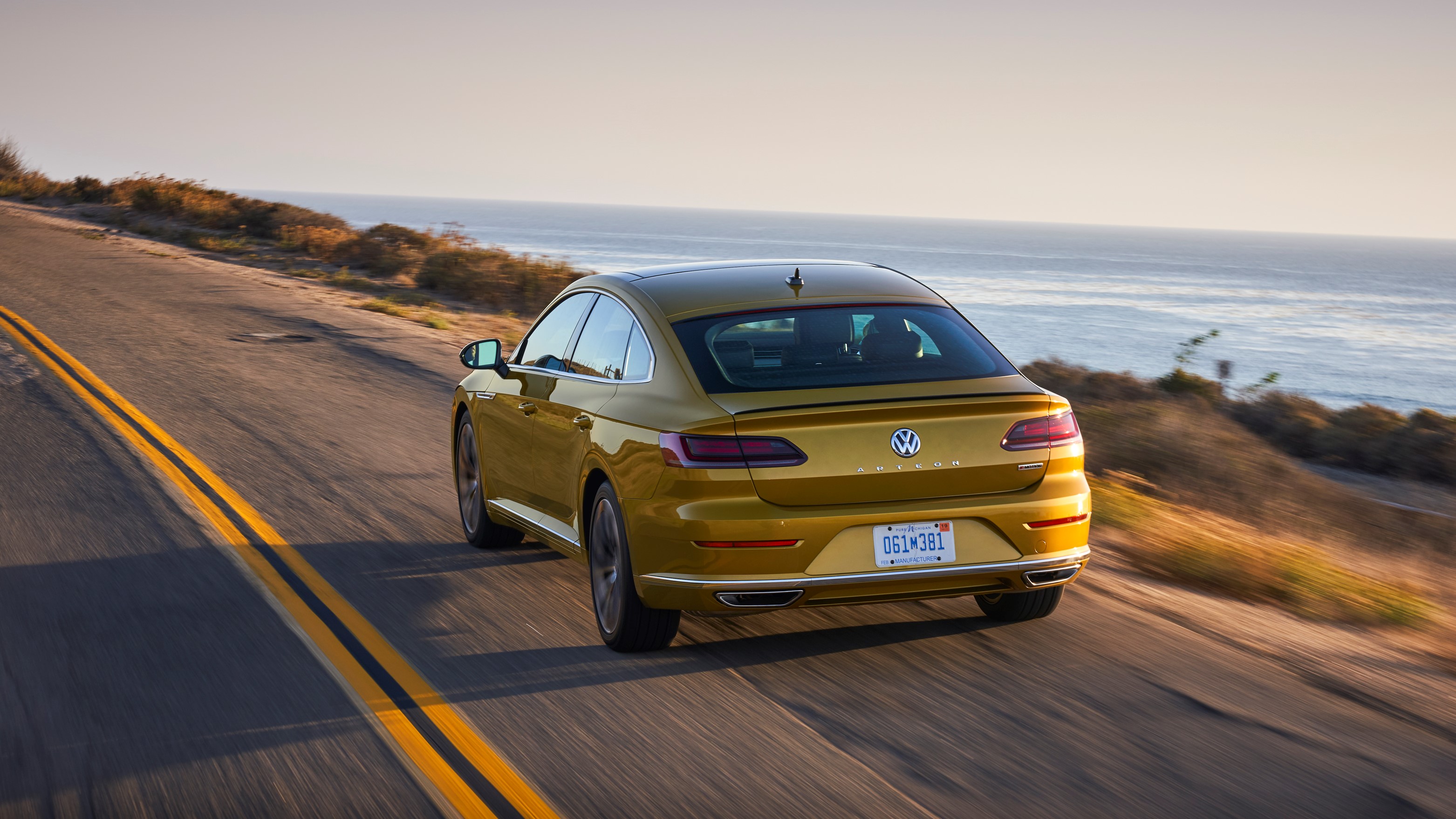
Cars today warn us and can do some driving tasks, but the next step on the road to autonomous driving will be crash mitigation – not just what we have now, but much more evasive and controlled, much smarter, and much faster.
I’m excited by the possibility because I’ve seen it in person in the Arteon. These are things you only find out after a few weeks of testing because in a normal drive you just don’t have as many mishaps occur. It’s exciting to think that cars will be able to handle the 2% scenarios – the ones that don’t happen for an entire year of driving -- because engineers have already thought about them. In fact, we won’t even know which technologies are at work protecting us.
On The Road is TechRadar's regular look at the futuristic tech in today's hottest cars. John Brandon, a journalist who's been writing about cars for 12 years, puts a new car and its cutting-edge tech through the paces every week. One goal: To find out which new technologies will lead us to fully self-driving cars.

John Brandon has covered gadgets and cars for the past 12 years having published over 12,000 articles and tested nearly 8,000 products. He's nothing if not prolific. Before starting his writing career, he led an Information Design practice at a large consumer electronics retailer in the US. His hobbies include deep sea exploration, complaining about the weather, and engineering a vast multiverse conspiracy.